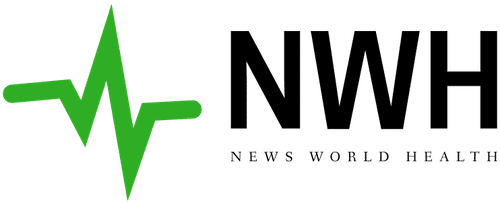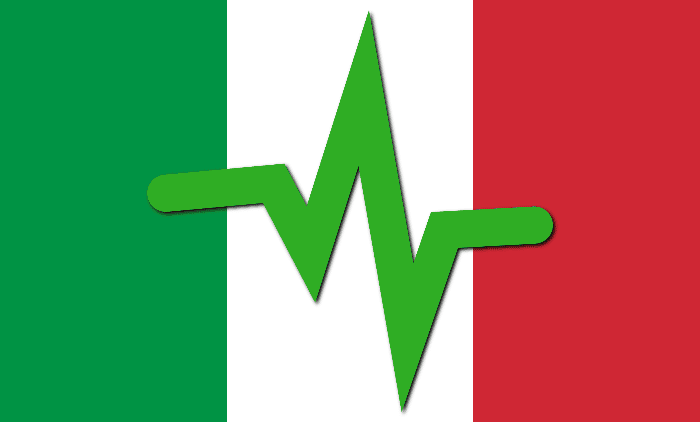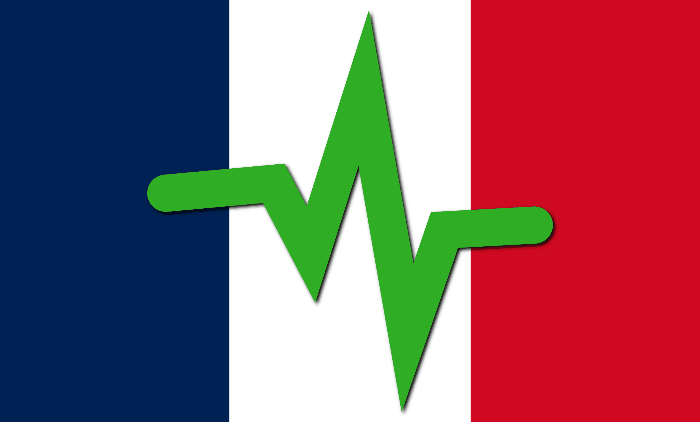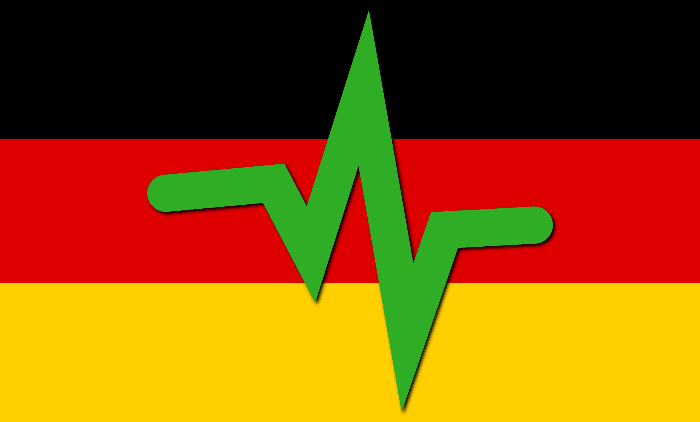Influenza, pneumococcus, herpes zoster: “the cursed triad” that puts the elderly at risk
[ad_1]
Some call it catch up, others prefer the term “recovery”. But the goal is the same: to bring (or bring back) to vaccination those who are still uncovered, the latecomers, those who may have taken a first dose and let too much time pass for the booster. The problem is even more pressing for a specific slice of the population, those 14 million elderly people who, according to ISTAT, are partly not educated (more than half have a primary school certificate) or live in small towns and have greater difficulties in access to vaccination. In fact, if at the pediatric level vaccination has achieved respectable results (although they can be further improved), in the over 65s it is still far from reaching adequate levels of protection. For this reason it is essential to draw attention to the importance of this prevention tool, especially among frail subjects and the elderly most exposed to infections, to avoid deaths and serious forms of illness.
The appeal was launched during the event “Investing in the future: vaccine prevention as a driving force for health, well-being and sustainability”, promoted by Adnkronos together with Senior Italia Federanziani and Federsanità Anci. In fact, vaccinations are an investment as they allow direct and indirect cost savings which, in the medium and long term, favor the sustainability of the health and socio-economic system of Italy, one of the longest-lived countries in the European Union with a life expectancy of 83.6 years. Otherwise, the risk is that we will witness a “health tsunami” in the coming years, as defined by the president of Senior Italy Federanziani Roberto Messina: today 80 percent of state resources are consumed by 22 percent of the population .
Send your questions to [email protected]
The Fedenziani survey
The difficulties of the over 65 population in accessing vaccinations also emerge from the survey conducted in March by Federanziani on a sample of 1,370 people, mainly women (54.7%) and mainly from Central Italy (54%, followed by the South with 38 % and North with 8%). “The goal – continued Messina – was to analyze the perception of the elderly population with respect to vaccinations, not only the flu but also those against pneumococcus or shingles”. The data shows a good level of general knowledge, even if there are still some unsatisfied needs. In fact, 42% of the sample knows about vaccines, is informed about free vaccines and knows they have the right to administer them but, at the same time, as many as 24% do not receive information or have too little, and only 41% know they have the right. In general, the impression is that the elderly receive too little information from their family doctor, as he also mentioned Happy BombaciCoordinator of the patient group of the Italian Association against leukemia-lymphoma and myeloma (AIL).

Beware of shingles
Also for this reason, getting the older sections of the population to vaccinate is not easy, he admitted John Rezza, General Director of Prevention of the Ministry of Health. “The biggest problem for the elderly is the so-called ‘cursed triad’ of flu, pneumococcus and shingles. Especially for the latter, added Rezza, coverage is completely inadequate. It is true that the so-called ‘shingles’ is not a lethal pathology and that the perception of risk is low, but it is a very annoying disease for which action must be taken in some way to increase coverage and encourage citizens to get vaccinated. obviously on a voluntary basis. And this can be done by involving general practitioners more but also the specialists who treat elderly people, frail and immunosuppressed subjects “.

Involve family doctors
How then to bring this segment of the population closer to vaccination? Among the solutions proposed, that of exploiting the vaccination hubs already used in the Covid era, but also facilitating access through other places of administration. “The vaccination offer must be closer to the citizen – he concluded Roberta Siliquini, of the Italian Society of Hygiene, Preventive Medicine and Public Health – with hospitals, pharmacies and general medicine studies that lend themselves as places where the right to vaccination can be claimed in complete safety. To this end, it is necessary to promote, even among specialist doctors, knowledge of the vaccinations recommended by the National Vaccination Prevention Plan for frail patients”.
A cash prize for those who get vaccinated? It works but the ethical question remains
by Fabio DiTodaro

[ad_2]
Source link



